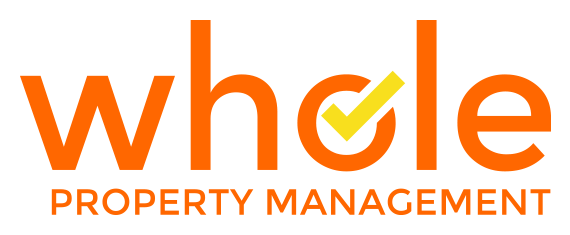How to Maintain Your Rental Property
Attracting long-term tenants to your rental space requires excellent upkeep of your property. To make your unit habitable, there are regular maintenance tasks you must perform. Properly maintaining your rental also makes it easy to find potential tenants when one of your renters moves out.
With regular maintenance, your unit also goes through less wear and tear. For example, carpets typically last for five years, but if you periodically schedule a steam cleaning, they can still look great even past their life expectancy.
You are also in charge of maintenance emergencies. When a tenant contacts you with a maintenance issue it is up to you to follow through on the repair.
The more residents you welcome in your unit, the more you should take property maintenance seriously. Under the landlord-tenant law, landlords and renters are expected to perform specific maintenance duties.
Responsibilities of a Landlord in Property Maintenance
Here are key areas landlords should focus on:
Trash Receptacles
To ensure that you’re offering a hygienic and healthy residential environment, it’s recommended to issue garbage bins. Decide on the quantity and size of the trash cans when you learn how many tenants are occupying your property.
If the trash is frequently collected, you can get away with a low number of garbage containers in your unit.
Running Water
Without a steady water supply, residents will be quick to complain and have a valid reason to break their lease. Water is essential in showering, using the toilet, cooking, and cleaning.
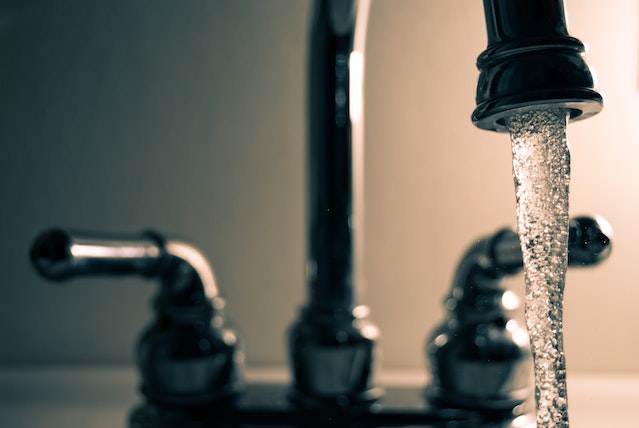
It’s also vital for residents to have access to a functional heater so they can have hot water whenever they need it.
Building Codes
Tenant safety must come first. As part of security measures, landlords must install smoke alarms and carbon dioxide detectors around their rental space.
Resolving mold problems, lead paint issues, and pest infestation is also a landlord responsibility. If tenants complain about them, be quick to handle it in order to maintain a good relationship with your tenants and ensure they stay long-term.
In terms of building safety, it’s important to abide by the appropriate number of residents. If your unit is overcrowded, it can be risky especially during an emergency. For example, if a fire occurs, exiting the unit may take longer or it can be blocked with too many people.
Landlords also need to regularly check their home systems to make sure that they’re in working order and comply with all safety regulations. Any malfunction in the plumbing and electrical system can bring discomfort to the occupants.
Common Areas
Apartment units or multi-family properties usually designate common areas for their residents to enjoy. Maintaining these spots is in line with the duties of a landlord. You should inspect these areas periodically to ensure safety and observe cleanliness.
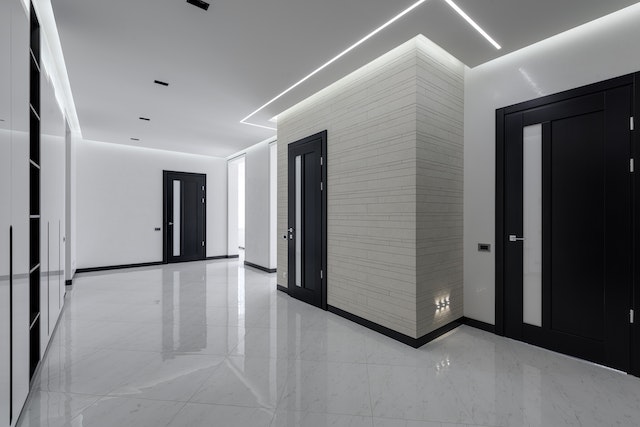
Check that the lighting is sufficient to minimize injuries or prevent accidents. The stairs and banisters must also be intact to make sure slips and falls are avoided.
Property Repairs
If you want to properly maintain your rental unit then you should strive to be a responsive landlord. If damages are brought to your attention, contact a reliable vendor right away for immediate repairs.
Doing so keeps your tenants happy, and ensures the property stays in good condition. If the tenants caused the damage then they’re liable to pay for it. You can make deductions from the security deposit. Otherwise, if the damage is a result of normal wear and tear, you’re in charge of paying for the repairs.
Utilities and Services
You want to showcase a fully operational rental home. This means that your plumbing, heating, electrical, and gas are in an excellent state. In addition, service interruptions don’t happen.
If tenants are assigned to pay the utility bills, remind them to pay on the due date to limit stressful situations where the water or electrical supply is temporarily cut off.
Responsibilities of a Tenant in Property Maintenance
It’s not only the landlord that must perform maintenance duties in the rental property. Tenants are also responsible for carrying out specific tasks as well.
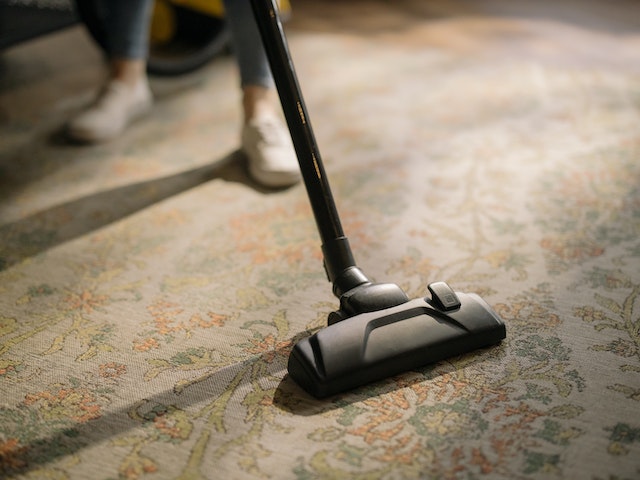
Here are general maintenance duties of the renters:
Cleaning the Rental
Though trash receptacles are placed in the rental unit, the renters must still dispose of their garbage properly. Keeping a sanitary environment is needed to prevent a pest infestation from happening.
General Safety
Emergency exits must be designated in a rental home and renters should avoid blocking them by placing any form of barriers. When a property emergency strikes, blockages can cause even more hazards with everyone trying to leave the building.
Another thing renters should avoid is tampering with fire alarms and smoke detectors. These are systems designed to keep them safe. Ensure batteries aren’t removed.
Building and Housing Codes
Lease agreements include policies informing the renters how many occupants can live on the property. For safety reasons, renters must abide by the rules. Aside from keeping the tenant safe, the property is also protected from excessive wear and tear.
Mold
Rentals with excess moisture can be prone to mold growth. Renters can assist in limiting this problem by switching a fan on or opening the window to dry up the surroundings.
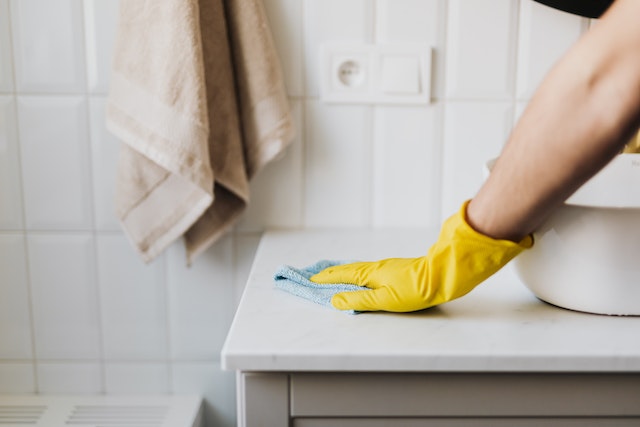
They should also report this issue to the rental owner if they notice the first signs of mold in the property.
Wrap Up
Since landlords are mandated to perform maintenance duties, they must refrain from creating a clause in the lease that passes on the maintenance and repairs responsibility solely to the tenant. Agreements surrounding basic repairs are allowed but the renters must not be forced into it.
Managing a rental property can mean dividing your time between property inspections, scheduling property repairs, and assessing property issues. If you want to hire a professional to do this function on your behalf, you can contact Whole Property Management today!
